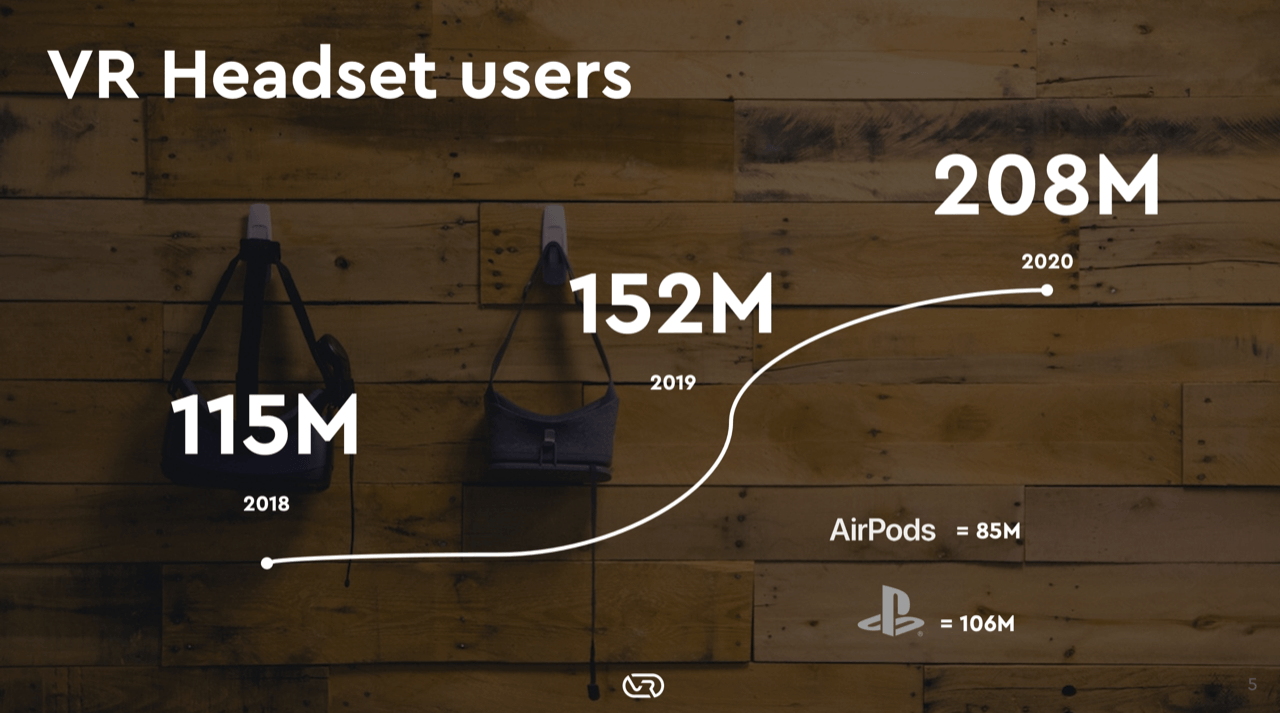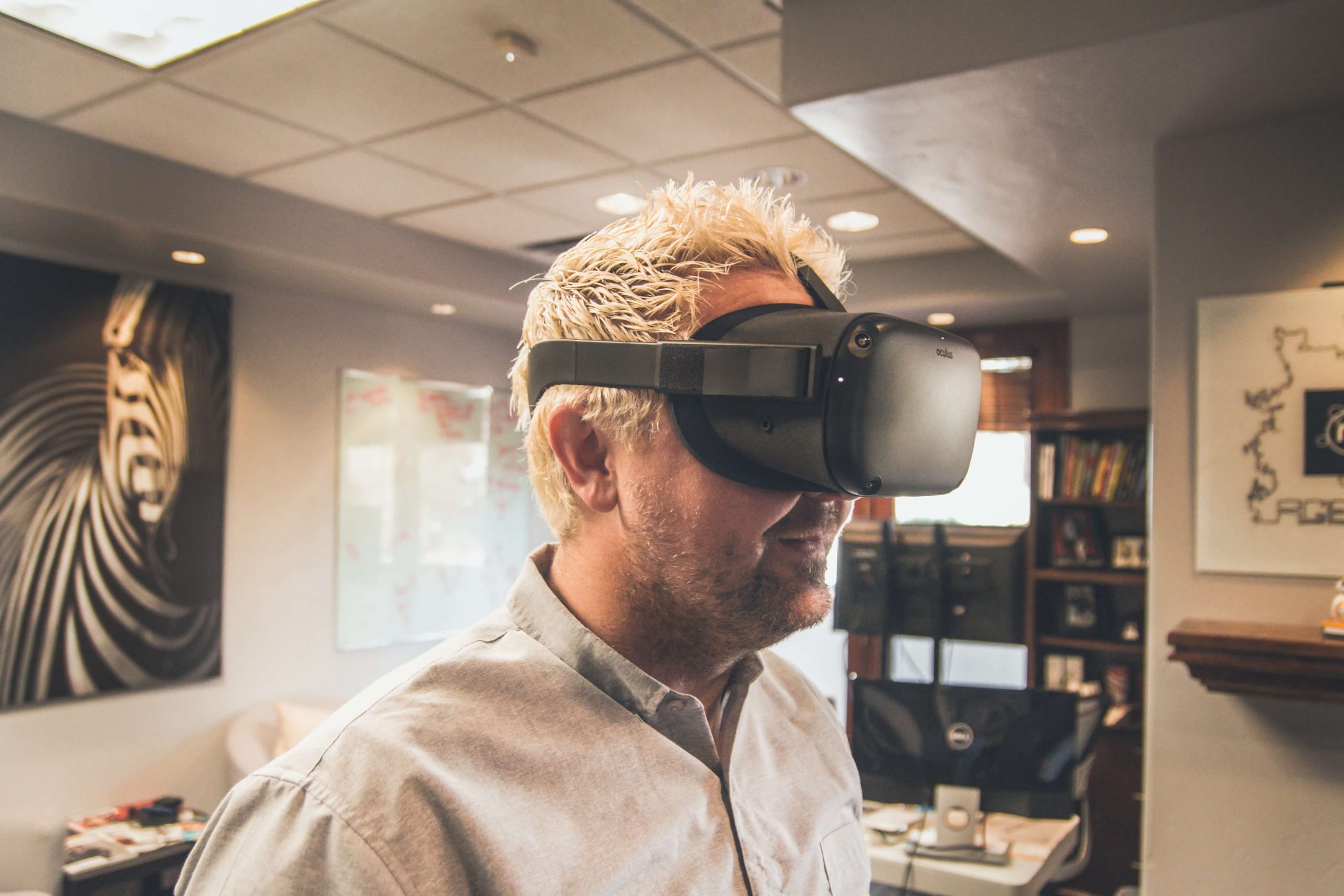It is reported that nearly 23.5 million jobs globally will be using AR/VR by 2030. Many brands have already realised adopting Virtual Reality early could be a mean for them to innovate and survive the current crisis. However, although it sparks a lot of interest within the tourism industry, the idea of Virtual Reality is still intimidating to some, mainly because of various misconceptions existing around the topic. Barry Clemens is the CEO of HospitalityEQ, an award-winning consulting firm offering tailor-made services for the hospitality & tourism industry. He is also the director of VResorts, the world’s first Virtual Reality booking engine and he agreed to help us “debunk” some of the common myths around the implementation of Virtual Reality in tourism.
1 -“It is only a technology that provides a “photoshop” effect to videos; the real product/service is usually not that great”
Proper virtual reality videos are exactly that, videos. Technology has come a long way. The special cameras used for 360° videos capture the full environment through a variety of lenses in real time. As such, it shows the true situation like a normal video but allows the viewer to see all sides and angles. VR gives you the feeling of being teleported to the location, with sounds and images all around you. There is no better way to give someone a true feeling of a space or experience. As its name indicates, it is real. There is no photoshop or technology involved in changing the reality. VR is the best way to create a true immersive experience.
2 – “It is just a passing fad that will disappear once the pandemic is over”
VR has been around for over a decade, and has been growing steadily. Even before Covid19 hit the world, there was a growing trend which outshone some other great and popular inventions (see image). The global pandemic has merely sped up the awareness and growth of VR. Virtual Reality will continue to grow, as it allows people to pre-experience destinations and locations, which will remain imperative as travel decisions will be made a lot more carefully. The number of new applications that have come up and the uptake of these are a sign of the future.

3- “It is difficult to understand and implement. Plus it’s expensive and most tourism SMEs can’t afford it”
So it is really easy to understand. Put on a headset once and you get it. VR benefited from Covid19 in a way, because the restrictions and lockdown caused more people to join in. Implementation however, especially from a business point of view could be more a bit more complicated depending on what you want to achieve, so I suggest you ask for help if needed. When making a decision to contract someone to create your VR content, make sure it is a professional, check their previous work and references. We, at Vresorts, understood the need and desire for VR in the Tourism space and realised cash flow is the major hurdle to adoption in the industry. That is why we have developed a subscription model which makes it affordable for even a small SMMEs to come on board and leverage the benefit of the powerful digital marketing tools that VR offers. Gone are the days where it would cost you $15,000 upfront for some basics!
4- “It is only useful for tours/ virtual experiences in places people don’t have easy access to”
Absolutely not! VR should be part of every tourism attraction or destination’s digital marketing tools. Our hotel partners use this effectively to do remote FAM trips and site inspections. Our tools allow you to effectively walk through any potential guest or client though a property, show them all the nooks and crannies that they may be interested in. Our developers have now also designed a platform that can be used for video conferencing. We have effectively integrated the 360° web interface with a “zoom” like technology. This allows you to see a person (or a few) and show them your whole property though this platform and answer any questions they may have. This could also facilitate daily “site inspections” with teams in various time zones and locations without them having to leave their home or office. Imagine the cost and time saving this creates!
5- “It is going to replace physical experiences and put tour companies out of business”
Not at all. Exploring a new destination virtually will make you “lust” to go. It will create interest and VR can even help educate future clients or sales consultants on the location/destination. People have the innate desire to travel and explore. This will not go away any time soon.
Ten years ago we did not think we would be using our mobile devices as an extension of our body but today, we can hardly do anything without them. In the future, VR headsets (which will probably look a lot different) will certainly become as important as our phones are today. Watch this space!


I did a lot of research on a topic I was looking for. But the most accurate information is on this site. Congratulations on a great blog.